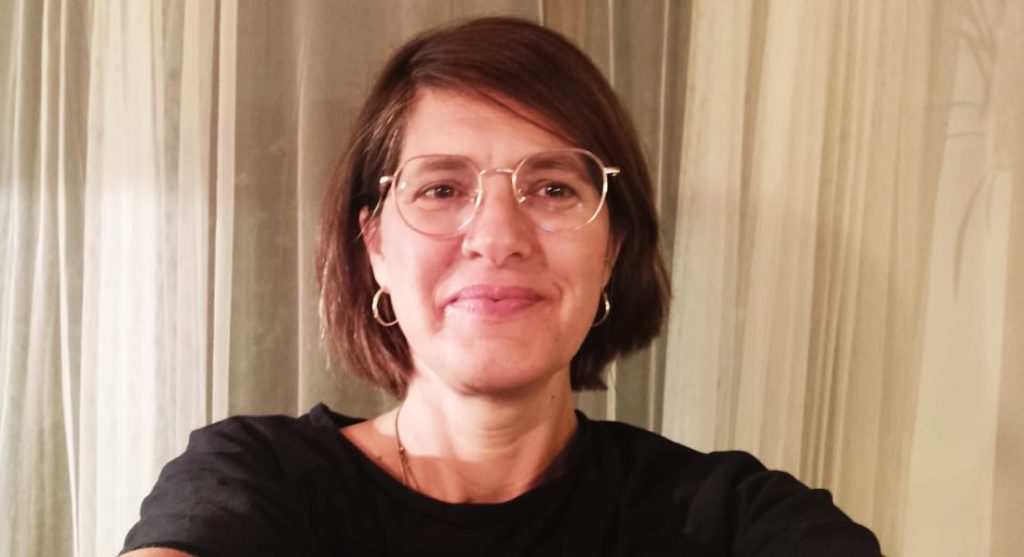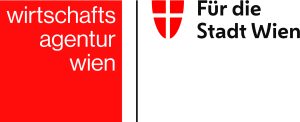
… It’s the people behind

Podcast Michal: It’s not them and us
As a kid, I felt for the first time what it means to be excluded. Once it was finished, I became a specialist in not getting excluded. Maybe there I started this thing – building bridges.
I think it made me very sensitive to excluded people in all kinds of aspects of life. … I include people, I am an expert in bridging – from my heart.
Michal Sadeh
Michal Sadeh lives with her family in a beautiful town in the center of Israel. After her military duty, she worked as a journalist and then TV channel manager. Michal realized already when she was a kid how it feels to be excluded and the differences between people. One of those are the different opportunities in life depending on where or in which family you were born into. First, Michal tried to get involved privately. She and her family hosted a foster kid for some years but then she realized that this was not enough for her. She saw the systemic failures and problems and wanted to build her professional life around changing things for the better.
I live 10 minutes from here and the differences that a woman in my age who was somehow born here – 10 minutes away – and her options in life and my options and her freedom and my freedom is something … my mind can’t bear these gaps.
Michal Sadeh
Michal changed career and did a masters degree in social work and change. She came as director of employment and economic program to Jizr AlZarqa, the village just 10 minutes away from her own place but a completely different world.
In the meantime, Michal has worked with 90 women in the village, many projects have taken place but for Michal the question remains – what has changed? Michal is emotionaly attached to the women and their progress. Even though her job is now somewhere else as an impact manager in an educational entrepreneurship incubator, she is still involved. Whenever she finds partner and funding, she initiates acitivities to build up structures for a longlasting improvement of the employment situation and wellbeing of the women in Jizr. One recent project was to establish an online platform where you can see and purchase the handmade products from the women of Jizr.
Talking about her own identity as an Israeli Jew, Michal shares her ambiguities and challenges in the times of conflict and war. In Israel there are so many different ethnicities and religious groups which could be seen as richness. The trouble is that it always gets related to conflicts. Michal’s position is “trying to see everything” and never to think about “them and us” but always to personalize – be it a neighbour, stranger or terrorist. There is always a person and his/her story. What kept her going during the last war, only one year ago, was her personal relationships. Michal’s son was in the army and others suffered on the opposite side. Together with her special Arab friend, she could share all her fears and worries.
Michal is a role model in the way how she understands her own priviledge of her freedom and the way she tries to enable it for other people.
I want to be able to keep my free life in Israel and in other places and to feel and understand this freedom that I am priviledged to have.
Michal Sadeh
Three perspectives from the same area in central Israel but still very different. Listen to Maisam Jaljuli, a Palestinian feminist and Celia Jawabreh, also Palestinian Israeli and social activist.
Thank you for the music! Creative Commons License (by-nc-nd)
Bazar (ID 822) – Lobo Loco www.musikbrause.de
Ver Elini – Hayvanlar Alemi www.hayvanlaralemi.org
Gefördert durch die Wirtschaftsagentur Wien
